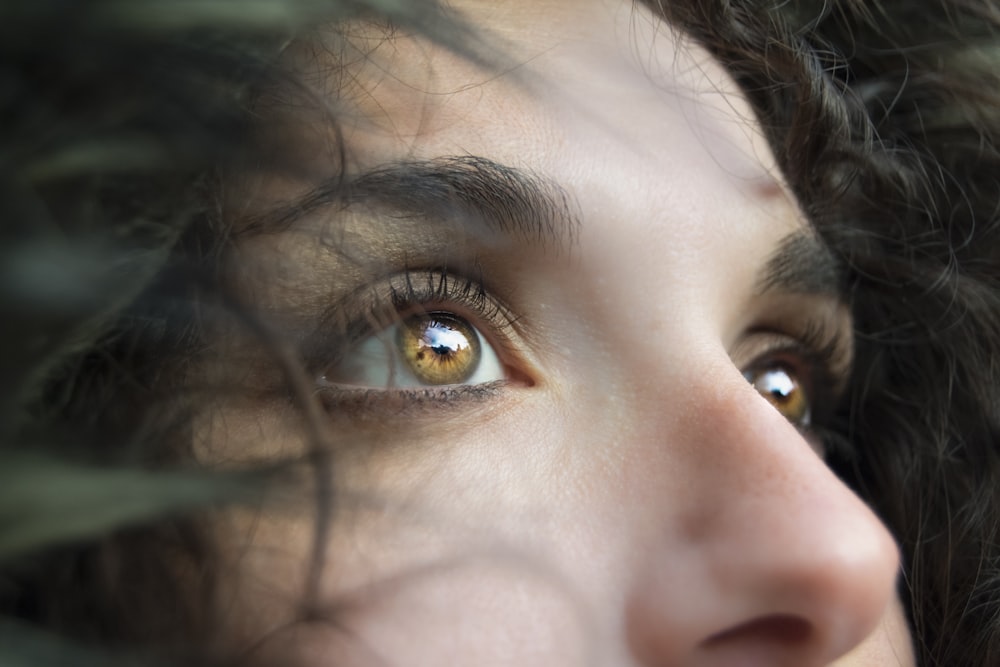
Did you know that after the age of 40, you are more likely to develop eye problems? Even though you’ve had perfect vision your whole life, as the years pass by, you may find yourself squinting or dealing with other vision-related issues for the first time. Although you may have never worn glasses or contact lenses, it’s time to visit an eye specialist and sign up for a yearly checkup after your fortieth birthday. If you have one of these conditions, you may experience vision complications:
- diabetes
- hypertension
- glaucoma in family
Although not all age-related eye problems are severe enough to impair your vision, they can be uncomfortable and downright annoy you daily. Here’s what to expect from your eyes after the age of 40–and what you can do to help ensure that you can see clearly for many years to come.
Signs of Ageing Eyes
American Optometric Association (AOA) suggests that ageing eyes exhibit many signs and symptoms such as:
- Reduced sensitivity to contrast makes distinguishing between similar colours and patterns difficult.
- Adapting to glare and moving between light and dark environments is more complicated.
- The appearance of floaters is specks or threads that float in our visual field due to age-related changes in the gelatinous fluid within our eyes.
- Reduced depth perception
- Reduced colour vision Decreased tear production, resulting in dry eyes
How to Take Care of Eyes
Good vision is essential for almost any activity—and you want to keep your vision for many years to come. It may surprise you to learn that one in every six adults aged 45 and above has an eye problem that threatens their vision. Ageing eyes require the same level of care as children’s eyes. Do you want to learn how to take care of your eyes after the age of 40? These simple pointers should be helpful:
Eat a Nutritious and Antioxidant-Rich Diet
Working on your eating habits is one of the best ways to improve your eye health in your 40s. The American Optometric Association recommends eating plenty of antioxidants, such as omega-3 fatty acids, vitamin C, vitamin E, and zinc. When taken together, these antioxidants may reduce your risk of developing a variety of age-related eye diseases.
Exercise to Improve Circulation
Exercise is crucial to add to your regimen. Get your blood flowing with a new workout routine to help your eyes after 40. Setting up an exercise routine may help slow or prevent eye problems due to increased blood flow to the eyes.
Get Regular Eye Examinations
Scheduling regular appointments with your eye specialist is an excellent way to care for your eyes. It is vital to get a comprehensive eye exam once a year to allow your optometrist to check your eye health and anatomy. Eye examinations will aid in the early detection of eye diseases and other issues that may threaten your vision.
Ensure a Good Night’s Sleep
Never overlook a good night’s sleep. When you get enough sleep, you will notice a huge difference. You’ll look better, perform better at home or work, and good sleep will help your eyes’ health. Keeping a sleeping schedule, avoiding caffeine, and not using electronics, including cell phones, before bed is some advice that may help.
Use Sunglasses on Sunny Days
Being outside in the sun can be enjoyable, but it can be taxing on your eyes. Fortunately, there is a simple fix: sunglasses. Choose a pair that can protect you from harmful ultraviolet (UV) rays. UV rays pose a threat to your eyesight. They may cause long-term or even short-term eye problems. In addition, wide-brimmed hats reduce the amount of UV radiation that slips around the side of your sunglasses.
Myopia After 40
Myopia, also called nearsightedness, is a condition where you can see objects closer to you more clearly than those far away. Your vision may begin to deteriorate as soon as you cross the age of 40. Myopia can develop slowly and gradually, or suddenly. Every patient’s case is unique. Due to the known links between close work and myopia, it is best to limit the amount of time you spend close to a screen and ensure that any areas where close work is performed, such as a desk or computer station, are well-lit. Keep in mind to allow your eyes to rest.
The Takeaway
Those under the age of forty should have regular checkups every two years unless otherwise directed by their eye care professional. Those over the age of forty should go once a year. Aside from regular checkups, if you are squinting a lot or sitting closer to the TV, or if you complain about blurry vision when it comes to far away objects, you may be developing an eye problem and should get examined by an eye doctor. To consult the best eye specialist, visit Marham.pk.